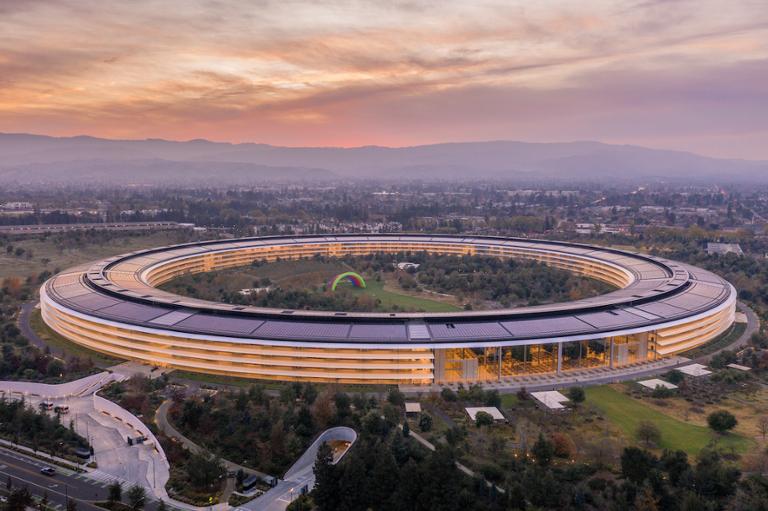Apple is the latest company to slow down some of its hiring in response to potential economic conditions.
According to Bloomberg, the slowdown will only hit some divisions, and the company will maintain an “aggressive product launch schedule in 2023.” Nonetheless, the move shows that Apple, despite its enviable profits and cash reserves, is just as cautious as other tech giants when it comes to the possibility of an economic slowdown or recession in the near-term.
Earlier this month, Google announced that its overall pace of hiring would slow down, with more focus on finding “critical” engineering and technical talent. “Moving forward, we need to be more entrepreneurial, working with greater urgency, sharper focus, and more hunger than we’ve shown on sunnier days,” Google CEO Sundar Pichai wrote in an email to employees.
A week before, The New York Times reported that Meta CEO Mark Zuckerberg had told employees that hiring would slow at the search-engine giant, and that anyone dissatisfied with a more aggressive pace and fewer resources should consider leaving. “I think some of you might decide that this place isn’t for you, and that self-selection is OK with me,” he reportedly said.
Despite those fears by tech-giant CEOs, demand for technologists remains strong across the broader economy. The unemployment rate for tech occupations dipped to 1.8 percent in June, according to CompTIA; that’s a notable decline from 2.1 percent in May. The tech unemployment rate is also well below the overall national unemployment rate of 3.6 percent.
Nonetheless, a drop in the stock market, rising inflation, and other worrisome economic indicators have led some tech companies to cut back on their free-spending ways, especially companies investing lots of money in risky ventures that might not pay off for years or decades (such as Meta’s spending on the “metaverse”). But even as those companies curb budgets and hiring, they’ll still need the best tech talent to bring their strategic roadmaps to life.



